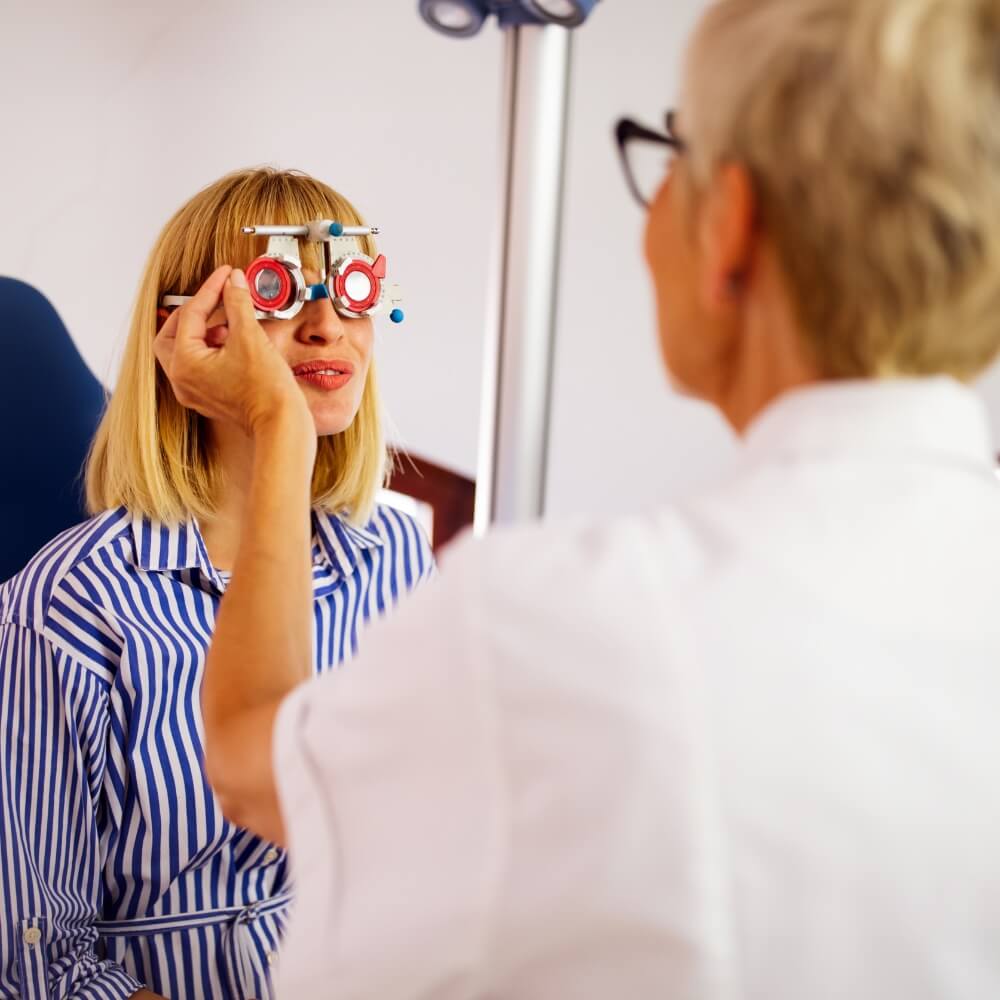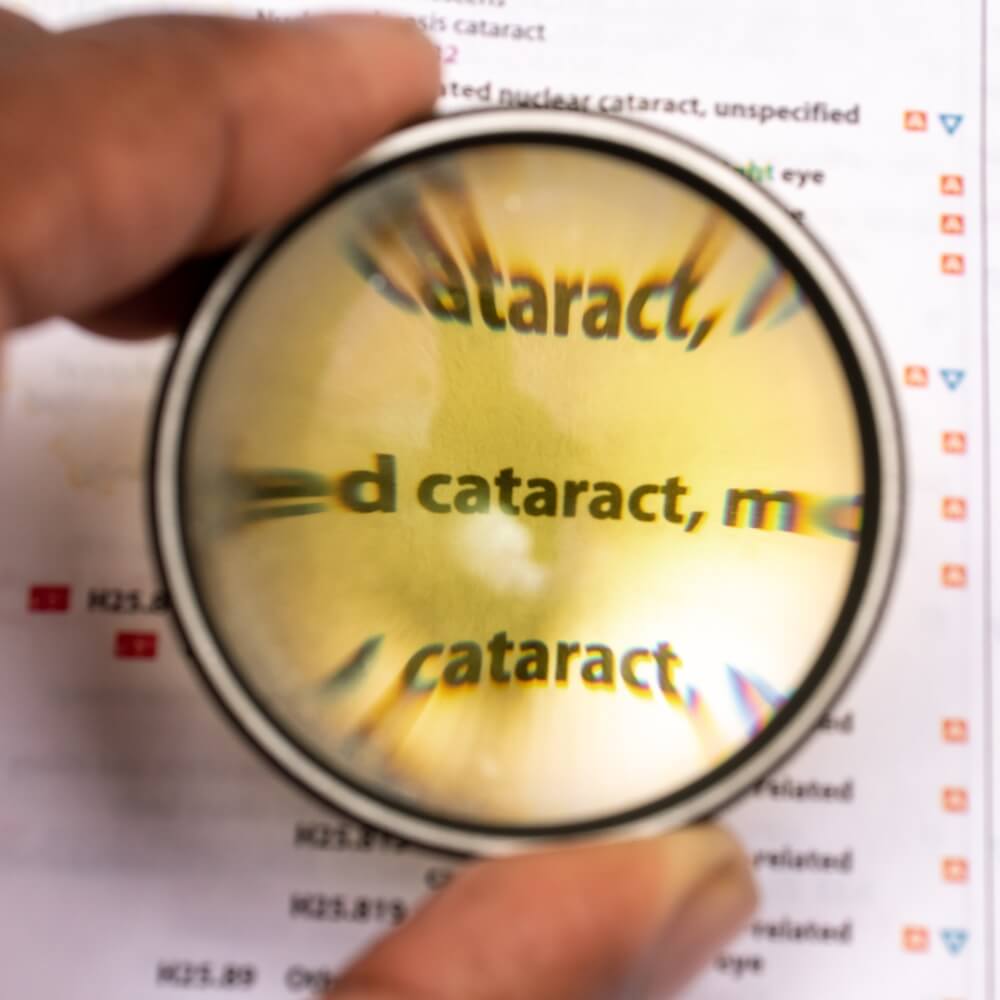What Is Macular Degeneration?
Macular Degeneration is a disease that affects the eye, causing loss of central vision. It primarily affects the film of the eye called the retina. Specifically, it affects the area of the retina called the macula, which is an especially sensitive area to light. As such, the macula is much stronger at being able to make out small or fine details. You use the macula to read a book, identify faces, and drive.
When the macula becomes damaged, it can lead to loss of sensitivity and thus decrease vision. This is called Macular Degeneration, or a degeneration of the macula’s ability to do its job. It is a leading cause of blindness in developed countries and early screening and detection is a key method for prevention and treatment. Dr. Sheraly, a Board Certified Ophthalmologist, is trained in the detection and early treatment of Macular Degeneration.


What Are the Symptoms of Macular Degeneration?
Macular degeneration primarily affects your central vision, not peripheral vision. You might not have any visible symptoms in the early stages. As such, the symptoms may develop gradually. In early cases, you may notice dark spots in your central vision or in other cases, you may notice that straight lines become wavy or distorted. Some patients may also have difficulty with their vision when transitioning from a dark to light environment. It is important to discuss all your vision changes with Dr Sheraly when being evaluated for Macular Degeneration.
Book your free consultation!
If you have any questions or would like to learn more about our services and team, book a free consultation today.
Risk Factors for Macular Degeneration
There are several factors that can affect your risk profile for developing Macular Degeneration. Some you cannot control. These include genetics and age. However, with increased awareness and research, some factors that may increase the risk of developing Macular Degeneration have been identified. Among them are:
- Smoking
- Excessive alcohol consumption
- Unstable blood sugar and cholesterol levels
- Vitamin and mineral deficient diets
There are many scientific studies that show that controlling these and other risk factors can help reduce the risk of macular degeneration. It is recommended that everyone, regardless of age or family history, maintain a balanced diet, and get plenty of exercise and sleep. This, along with avoiding drugs, alcohol and smoking, may greatly improve your general health and well-being, including your eye health.


What Are the Stages of Macular Degeneration?
There are two main types of Macular Degeneration often referred to as Dry and Wet.
Dry Macular Degeneration is the most common form and may not have any vision symptoms early on. However, with a detailed eye exam, it is possible to identify clues to help identify its presence. Overtime, if present, the macula can degenerate and vision loss may happen.This is why it is so important to monitor for any changes in the eye over time with detailed eye exams.
Wet Macular Degeneration is less common and often has very significant vision symptoms. You may notice that your central vision becomes more cloudy or you are unable to see faces or smaller print. often patients will describe straight lines as curved, wavy or distorted. As an example, they may say that the board of the doorway is no longer straight but rather bowed. In these cases, it is very important to seek care with your ophthalmologist for potential diagnosis and treatment.
In both forms, they are considered to be progresive over time and likely to get worse with no treatment. This is why Dr Sheraly is so focused on ensuring that you get an eye exam to look for opportunities to advise and treat.
How do we treat Macular Degeneration?
Much has been learned about Macular Degeneration recently and new treatments are being used and introduced to help those affected to help restore their lost sight. For both dry and wet macular degeneration, there are treatment options available to help slow and treat some of the damage caused by this very serious eye disease.
If you think you may have symptoms of Macular Degeneration or want to learn more, please reach out to our office to schedule an appointment with our board certified ophthalmologist, Dr. Sheraly. You can request a personalized appointment by filling out the form below or calling our friendly caring office staff.
At Orlando North Eye Clinic, you are our focus. We use the latest medical technology and knowledge to help tailor a specific plan based on facts to your eyes. Dr Sheraly will answer your questions and help guide you through this process and steps that you can take to protect your vision. Book your appointment today at Orlando North Eye Clinic with Dr Sheraly.

